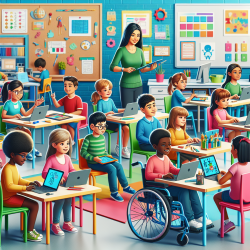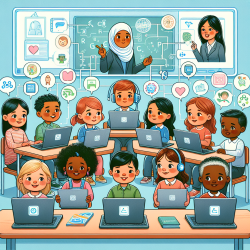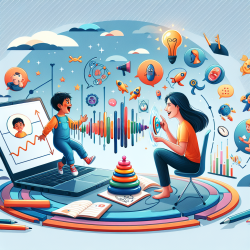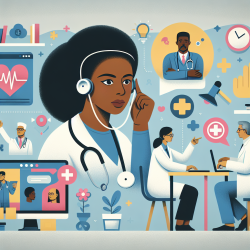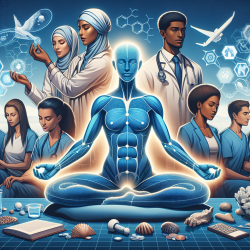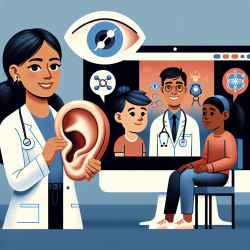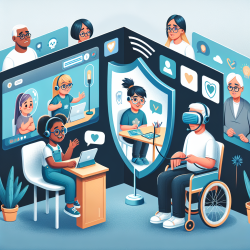In the quest for inclusive education, South Africa has made significant strides with policies aimed at addressing barriers to learning. However, the implementation of these policies remains a challenge, primarily due to a lack of teacher skills in curriculum differentiation. One promising solution is the Universal Design for Learning (UDL) framework, which offers a flexible approach to meet the diverse needs of learners in a single classroom.
According to the research article, "The implementation of inclusive education in South Africa: Reflections arising from a workshop for teachers and therapists to introduce Universal Design for Learning," UDL principles were introduced to teachers and therapists through a workshop at the University of Cape Town. The participants found the UDL framework to be highly relevant and useful for the South African context.
Understanding UDL Principles
UDL is based on three core principles:
- Multiple Means of Representation: Provide various methods of presenting information to support recognition learning. For example, using visual, auditory, and tactile media.
- Multiple Means of Action and Expression: Allow learners to demonstrate their knowledge and skills in different ways, such as through role-playing, oral presentations, or written work.
- Multiple Means of Engagement: Create engaging learning opportunities that motivate learners based on their interests and backgrounds.
Workshop Insights and Practical Applications
The workshop participants, including occupational therapists, special education teachers, and speech therapists, engaged in activities that explored UDL barriers and solutions. Here are some key takeaways:
- Using a variety of media, such as PowerPoint and diagrams, to present information can help address barriers to learning.
- Role-playing and hands-on activities can make learning more engaging and accessible.
- Assistive technologies, like speech-to-writing software and magnifying glasses, can support learners with specific needs.
Despite the common perception that UDL requires high-tech solutions, the workshop demonstrated that low-tech options could also be effective. For instance, using recycled materials for practical tasks or creating handmade self-correction activities can be just as beneficial as using smartboards or iPads.
Benefits of UDL for Teachers and Therapists
One of the most significant advantages of UDL is that it simplifies the approach to inclusive education. By focusing on flexible methods of presentation, expression, and engagement, teachers and therapists can collaborate more effectively. This shared language of UDL makes it easier for professionals from different backgrounds to work together towards common educational goals.
Moreover, the practical nature of the UDL framework allows for immediate application in the classroom. Teachers can start implementing UDL principles with minimal training, making it a feasible option for busy educators.
Encouraging Further Research and Training
While the workshop provided a solid introduction to UDL, ongoing training and professional development are crucial for its successful implementation. Teachers and therapists expressed a desire for more extended sessions to practice UDL tools and techniques. Such continued instruction would benefit not only educators but also administrators who play a critical role in supporting inclusive education.
For those interested in diving deeper into the research and exploring the full potential of UDL, the original research paper offers valuable insights and practical guidelines.
To read the original research paper, please follow this link: The implementation of inclusive education in South Africa: Reflections arising from a workshop for teachers and therapists to introduce Universal Design for Learning
